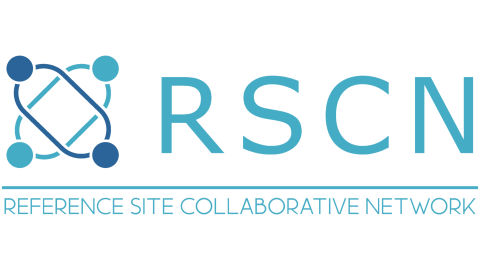Each person underwent a multidimensional assessment of frailty and, if necessary, a clinical study conducted by a geriatrician, physiatrist or nutritionist. In the case of socio-economic deficiencies, the in-depth study was
conducted by a social worker. In all cases, a 6-month follow-up is organized to evaluate the impact of the evaluation on the quality of life of the subjects evaluated and on their use of services such as hospitals. The hypothesis is that the evaluation and the assistance pathways derived from it can improve the quality of life and prevent negative events, such as hospitalizations. A particularly important role was played by doctors in specialist training from the specialization schools of Hygiene, Geriatrics and Food Science of the University of Rome “Tor Vergata”. Regarding the social aspects, the intervention following the evaluation was entrusted to the staff of the “Viva gli Anziani!” program of the Community of Sant’Egidio.
The model experimented in the “Days for the Prevention of Active Ageing” can represent a prevention intervention at the population level to be repeated and expanded. In fact, except for some vaccinations – especially the one against the flu and the one against COVID-19 – there are no health promotion interventions, neither individual or collective, which take into account the specificity of the elderly condition, which is often characterized by the presence of several diseases at the same time – a situation which often leads both health professionals and citizens to think that there is no room for prevention. On the contrary, old age is precisely a moment in which prevention can improve the quality of life and reduce the decline in physical abilities, which represent risk factors for lower survival and greater use of health services, especially hospitals.
The main risk factors are conditions that do not concern the risk of contracting a single disease, however that of seeing one’s life conditions worsen both from the point of view of physical autonomy and from that of social inclusion. In this sense, the main factors on which prevention efforts should be concentrated are the risk of falls, malnutrition, polydrug therapy and social isolation. These are conditions which, in addition to being a problem themselves, increase individual fragility, i.e. the vulnerability of an individual to adverse events such as repeated access to hospital services, confinement in a nursing home, up to death.
